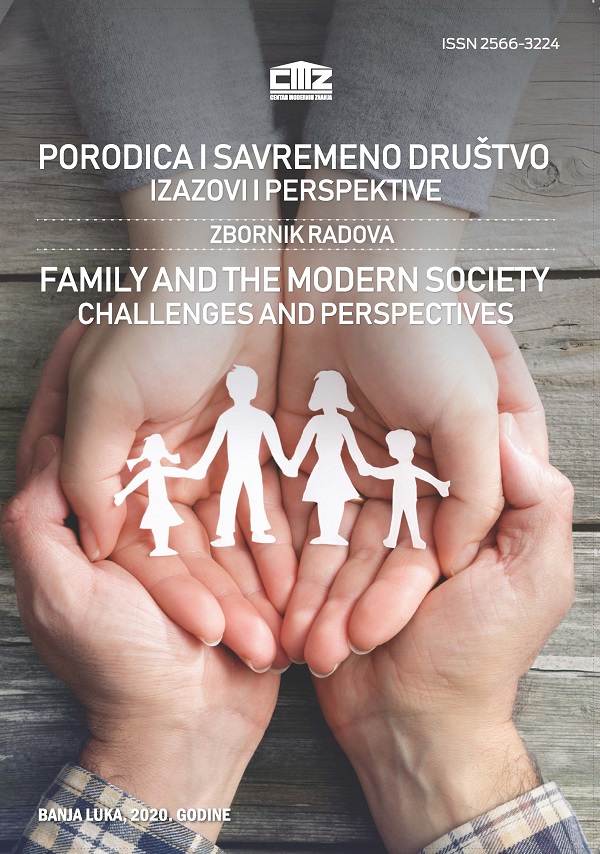VALUE-SEMANTIC PREDICATORS OF THE ADAPTIVITY OF FOREIGN STUDENTS IN RUSSIA
DOI:
https://doi.org/10.7251/ZCMZ2001590KKeywords:
personality, adaptability, value-semantic predictors, values, respondents, Vietnamese students, variables, analysisAbstract
The article provides an analysis of the results of an empirical study on the problem of adaptivity of foreign students with different indicators of the value-semantic orientation of the personality. The study was conducted over two years on a sample of Vietnamese students studying in Russian universities.
The study of adaptability was carried out in the context of a holistic-functional approach, in which this property is considered as a multidimensional psychological formation, which includes a complex of individual and personal components that ensure the subject's readiness to accept new norms, values, traditions of a foreign cultural environment. The value-semantic orientation in the study is understood as the basic core of the personality structure, ensuring its orientation, while acting as a regulator of the personality's social behavior. The system of value orientations determines the content side of the personality’s orientation and forms the basis of its worldview, attitude to the world, to itself and to other people.
At the first stage of an empirical study, using the standardized psycho-diagnostic tools, the characteristics of the value-semantic orientation of the personality of Vietnamese students were studied. After mathematical and statistical data processing, three groups of respondents were distinguished with different indicators of value-semantic orientation: professional-business, selfish-personal, and social-communicative. At the next stages, with an interval of two years, adaptivity indicators were studied. After that, a comparative analysis of the components of the value-semantic orientation and adaptivity in the presented samples was carried out. At the final stage of the study, a comparative analysis of the dynamics of adaptivity of Vietnamese students with different types of value-semantic orientation was carried out.
